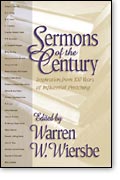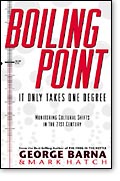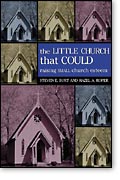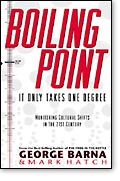
Mark Lauterbach, pastor
First Baptist Church of Los Altos, California Mark@fbcla.org
I Think Icon
New image pushes little churches over big mountains.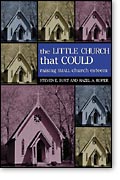
Drew Zahn
assistant editor of Leadership
The Preacher’s Thermostat
Here’s kindling for the fire in your bones.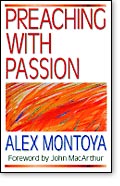
Brian Larson
editor of PreachingToday.com
NOTE: For your convenience, the following products, which were mentioned above, are available for purchase: Boiling Point, George Barna and Mark Hatch The Little Church That Could, Steven E. Burt and Hazel Ann Roper Preaching With Passion, Alex Montoya Sermons of the Century, Warren Wiersbe
Copyright © 2001 by the author or Christianity Today/Leadership Journal.Click here for reprint information on Leadership Journal.


